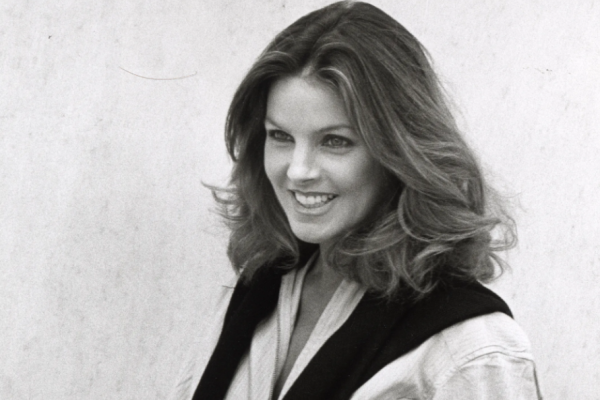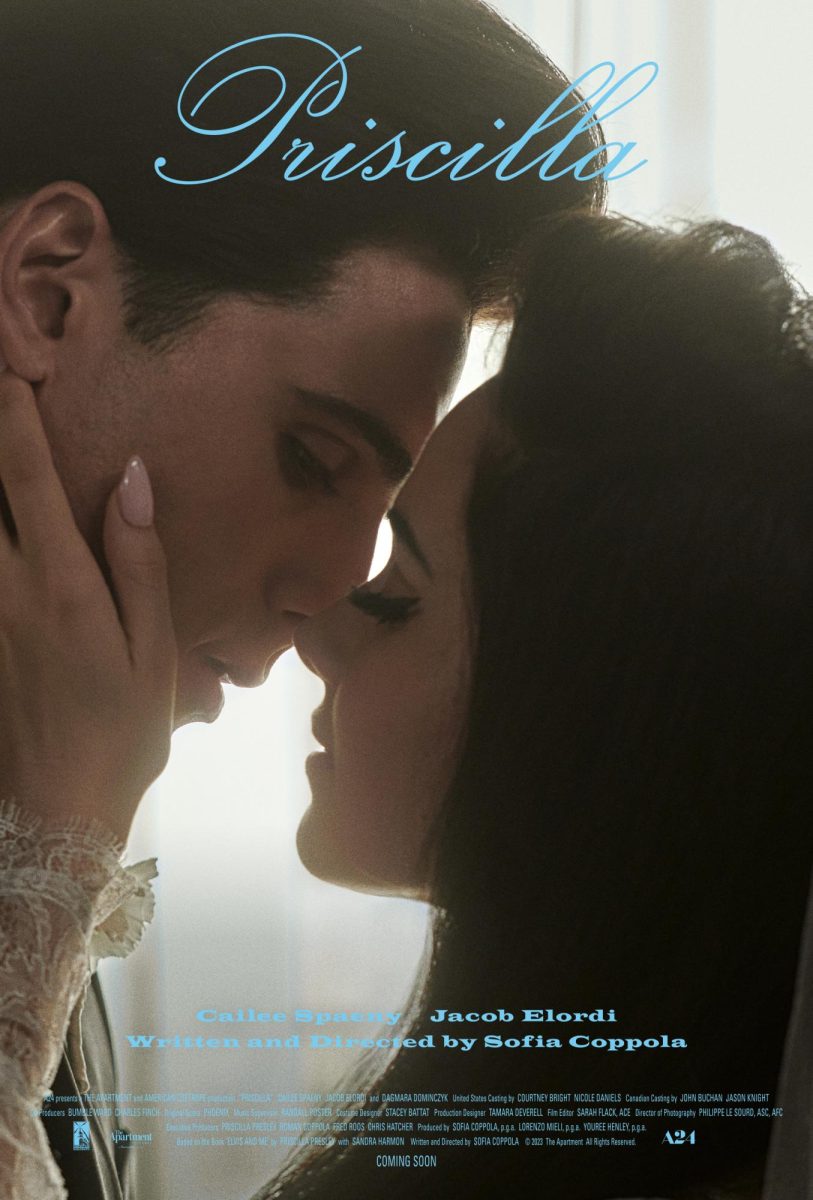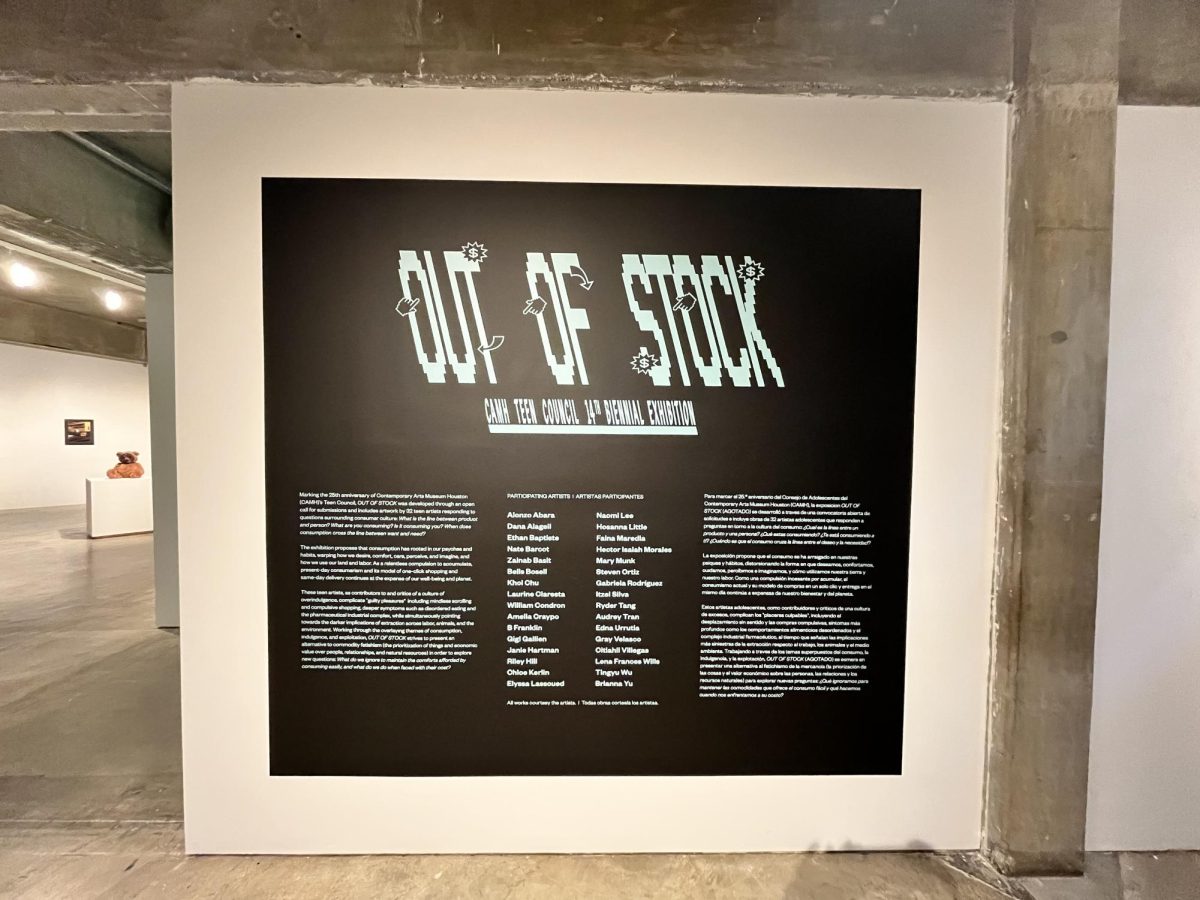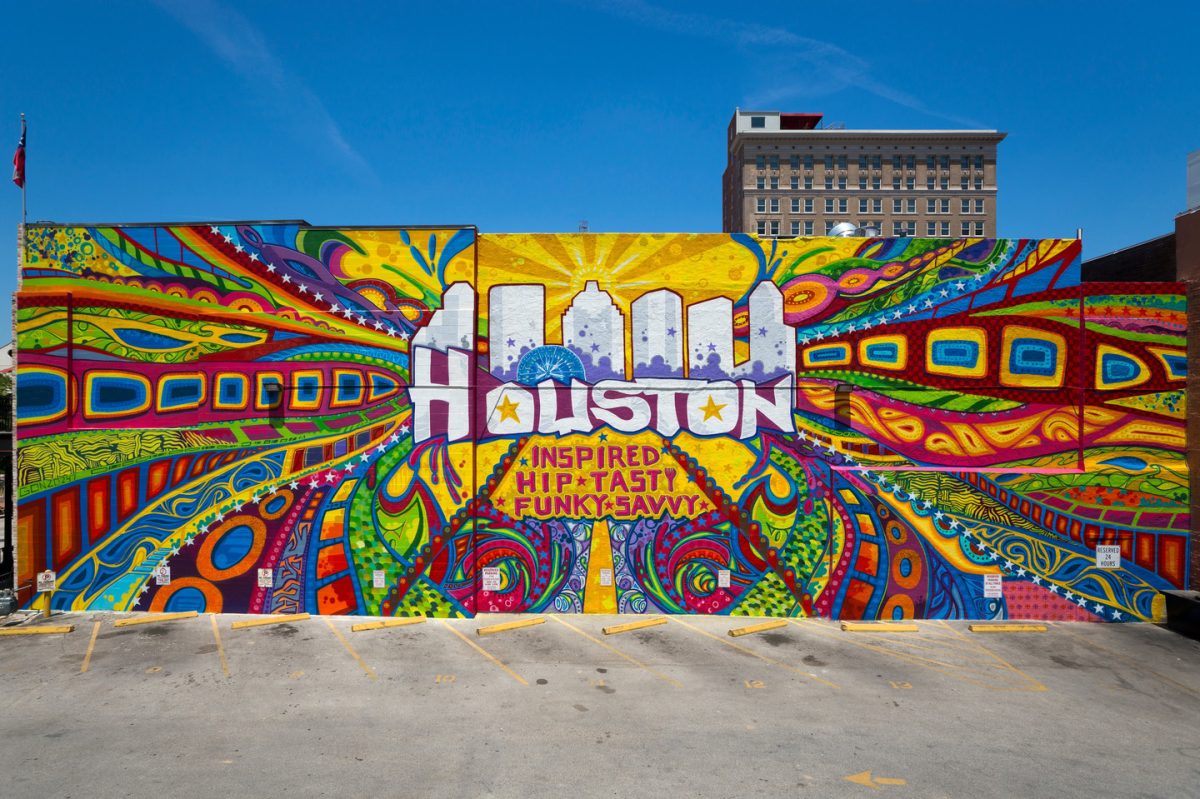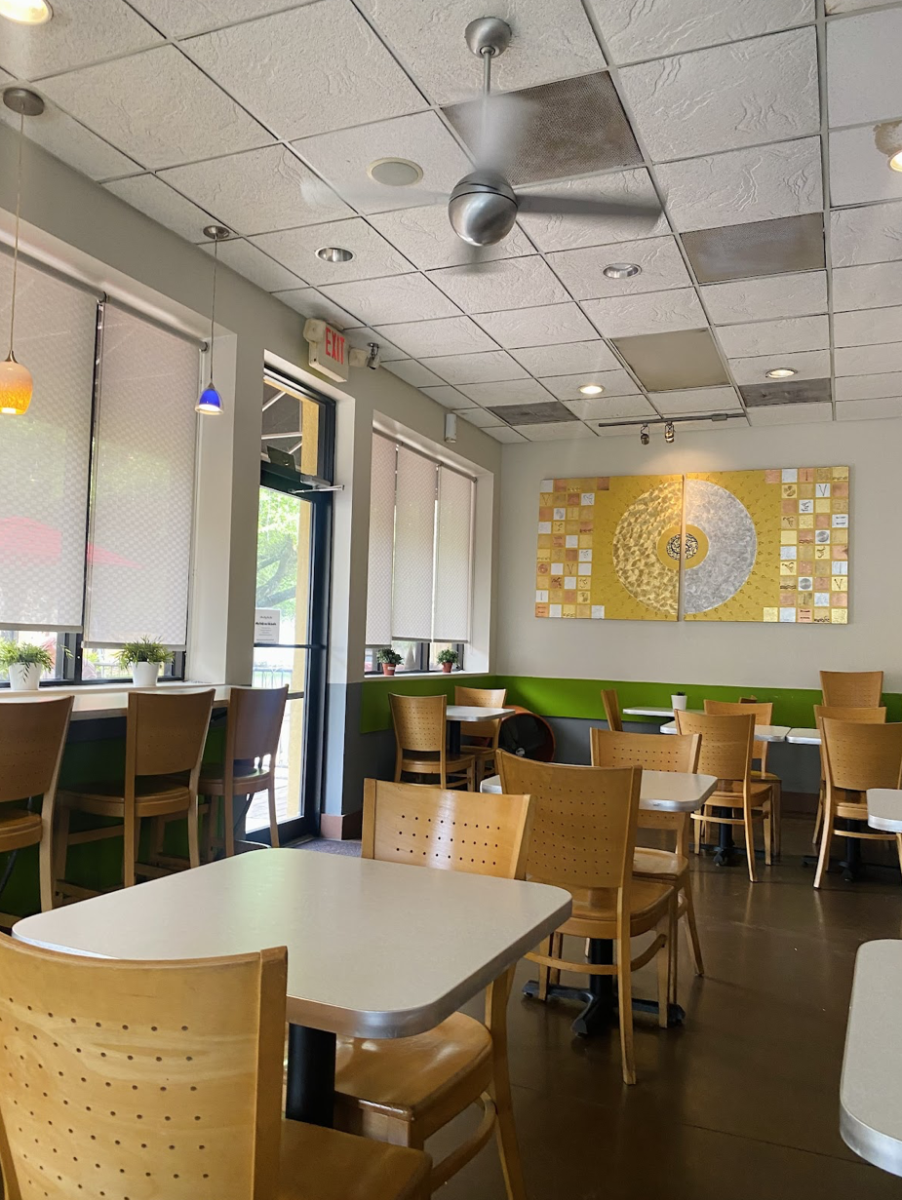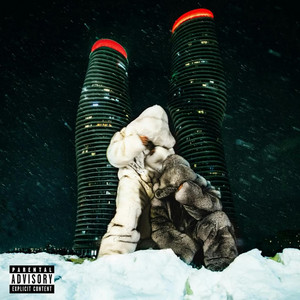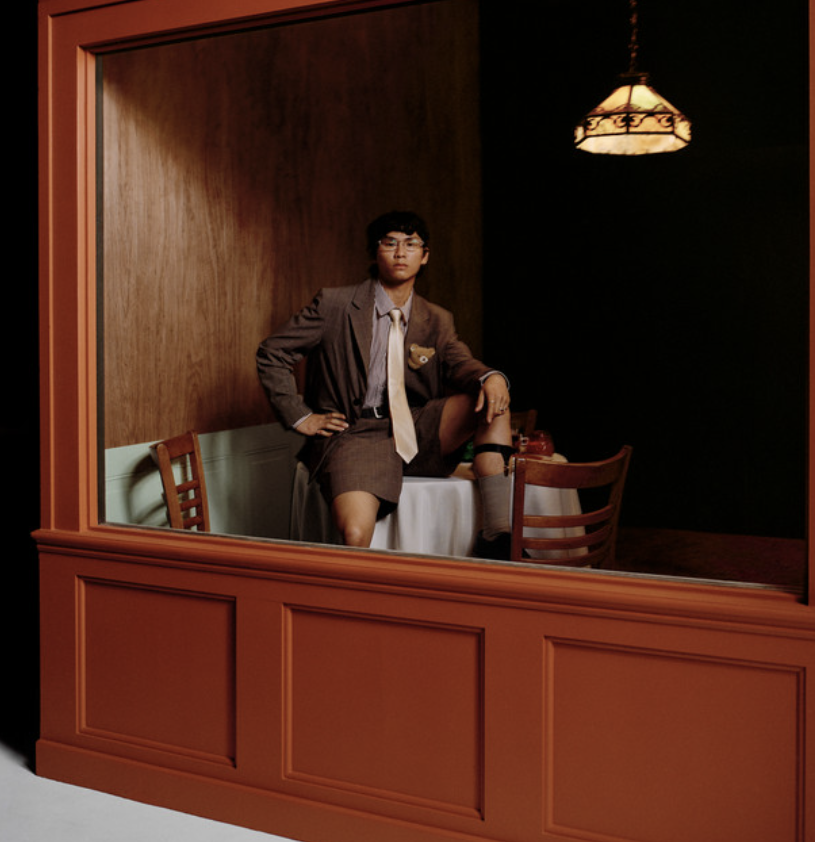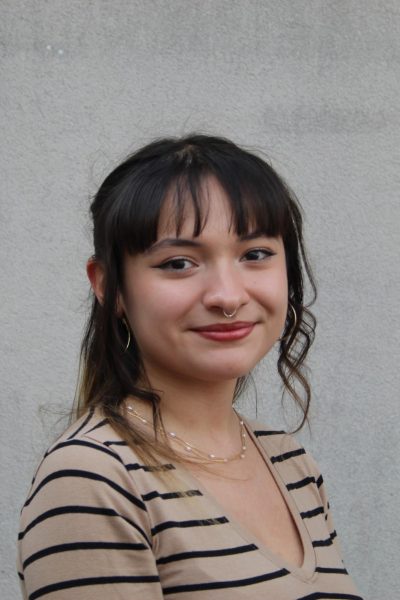“She’s much more mature for her age,” said Jacob Elordi.
Set against a backdrop of dreamy visuals and innocent girlhood, Sofia Coppola’s most recent release tells the bittersweet story of Priscilla Presley’s life with Elvis. The film, based on the 1985 memoir “Elvis and Me” by Priscilla Presley and Sandra Harmon, takes us on a journey through the halls of Graceland, the iconic mansion that witnessed both the pinnacle of Elvis’ success and the unraveling of their relationship.
Told through Priscilla’s own lens, the film gives a refreshing, yet shocking, perspective on the larger-than-life Elvis Presley. In true Coppola fashion, “Priscilla” blends sensitivity and nostalgia, mesmerizing the audience and capturing Presley’s coming-of-age as she is thrust into the dazzling world of fame and glamor — always living in the shadow of the “King.”
The two meet when Elvis (Jacob Elordi) is 24 and Priscilla (Cailee Spaeny) is 14. Elvis is immediately drawn to her, inviting her to live with him in Graceland. In Memphis, Priscila adjusts to her newfound reality: paparazzi, gambling and a lot of pills. She oscillates between moments of solitude and the alienating company of Elvis and his much older friends. While Elvis is on the road, shooting; touring; and having affairs, Priscilla lingers quietly in the grand rooms of Graceland — lonely and lacking purpose without her King.
“I need a woman who understands. Are you going to be her or not?” says Elordi.
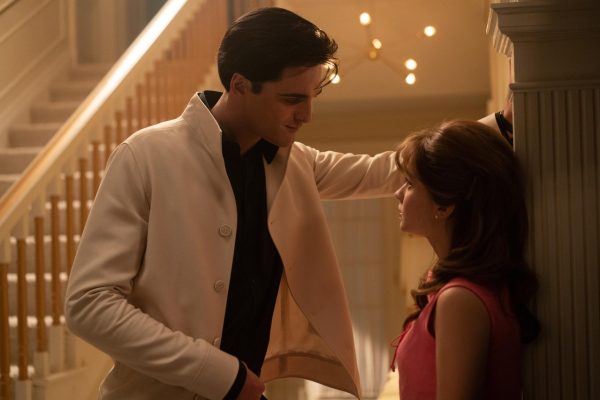
“Priscilla” uncovers the disturbing power dynamic between the wedded Presleys. Elvis desires a submissive wife, someone he can mold and take advantage of; and Priscilla, seemingly with limited alternatives, sacrifices her autonomy for the illusion of companionship. The unsettling dynamic is portrayed in scenes where Elvis subjects her to critiques, coercing her into altering her appearance and abandoning her own desires. This being all she’s ever known, Priscilla obediently complies.
This revealing portrayal of the unhappy couple unveils the truth about Elvis’ character. In this way, Coppola’s “Priscilla” is a stark contrast to Baz Luhrmann’s “Elvis”, which was released only one year earlier.
With the focus of the 2022 film being directed towards Elvis, Priscilla appears as a floating background character, always standing silently at the King’s side. As a girl, she cracks jokes with him, giggling along to the sweet nothings he says to her. As an adult, she comforts him, advocates for him and tells him what he wants to hear. Even at the demise of their relationship, the Priscilla Presley captured in Luhrmann’s “Elvis” consoles him before she storms out of Graceland.
“You have to let me go. If I stay, I’ll never leave,” Presley whispers to a crying Elvis as she cradles his head in her arms.
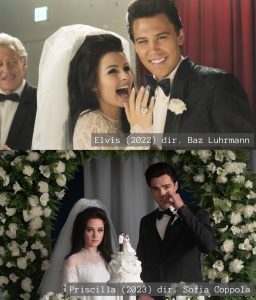
Compared to Baz Luhrmann’s “Elvis”, “Priscilla” has a far more melancholy atmosphere: enjoying the happy moments, yet lingering in the dark ones. With Priscilla being the center of this narrative, what is known of the famous Presley is shown in a new light.
I thoroughly enjoyed Sofia Coppola’s “Priscilla”. From the beginning of the film to its end, Coppola manages to captivate the audience through heartfelt storytelling. I believe that, above all, the director’s goal throughout this piece is to truly put us in Priscilla’s shoes to see the side of Elvis she was subjected to from a young age. We empathize with her; feeling her heartbreak at times when the abuse is too great and celebrating her strength when she leaves it behind her. Through this film, Priscilla Presley has become more to the public eye than the ex-wife of the “King of Rock and Roll.” It has humanized her in a way that the media has failed to for decades.
